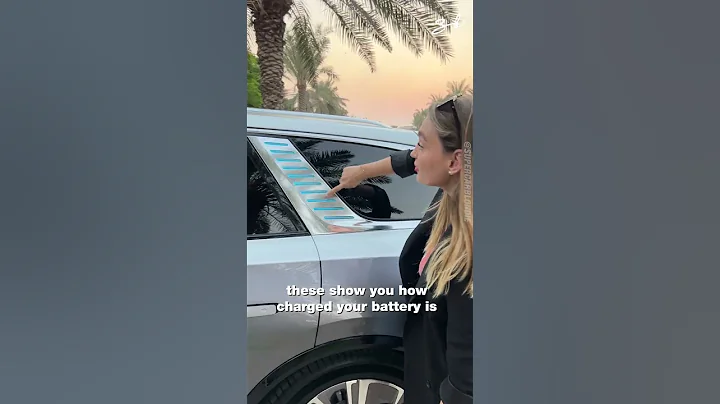For luxury brands, the exquisiteness of the interior is an extremely important thing. In order to raise the texture level, the selection of genuine leather material is a key project and a material that has been widely used. It is just that the large amount of genuine leather materials made of cowhide are not able to achieve effective carbon reduction in the environment?

In fact, the impact of cattle feeding on the environment has been discussed by the public before. The carbon dioxide and methane emitted by cattle survival are one of the culprits of greenhouse effect . And due to the large demand for cattle, suppliers have even cut down some rainforests to increase grazing land for raising cattle, which is even more unfavorable for the conversion of carbon dioxide. German luxury car manufacturer BMW ( BMW ) said that during the production of its dermal raw materials, 80% of the greenhouse gas comes from cattle feeding, and the remaining 20% is generated by subsequent processing. Therefore, the factory is developing a new plan, which is expected to gradually phase out genuine leather materials, with the goal of reducing carbon emissions to 85% of the current situation, and at the same time achieving the goal of zero carbon emissions in by 2050.

At present, BMW has developed a brand new alternative. According to unofficial information, the new material to replace genuine leather is made of cereal , and the touch is the same as that of genuine leather, smooth and delicate. BMW's internal and external development director Uwe Köhler said that during the development process, the wrapping material of the steering wheel is the most difficult part to break through, and it must have vision, touch and functionality. Finally, this plant-based material was successfully made, which can withstand the wear, sweat and moisture of long-term use, and has the same characteristics that genuine leather has. The factory also stated that the relevant units have successfully created a full-purpose interior that does not include animal materials, and is expected to be launched in 2023.


However, BMW also stated that some of the materials used in vehicle production, such as protective coating, paint and additives, still have animal elements such as lanolin , tallow and beeswax, but only account for less than 1% of the total interior materials. In addition, BMW is converting composite fabrics such as carpets into a recyclable single material to make it easier to decompose or recycle it after use, with an estimated reduction of 23,000 tons of carbon dioxide and 1,600 tons of waste annually.

However, many netizens recognized this, believing that this is BMW's disguised reduction of matching! What do you think?











